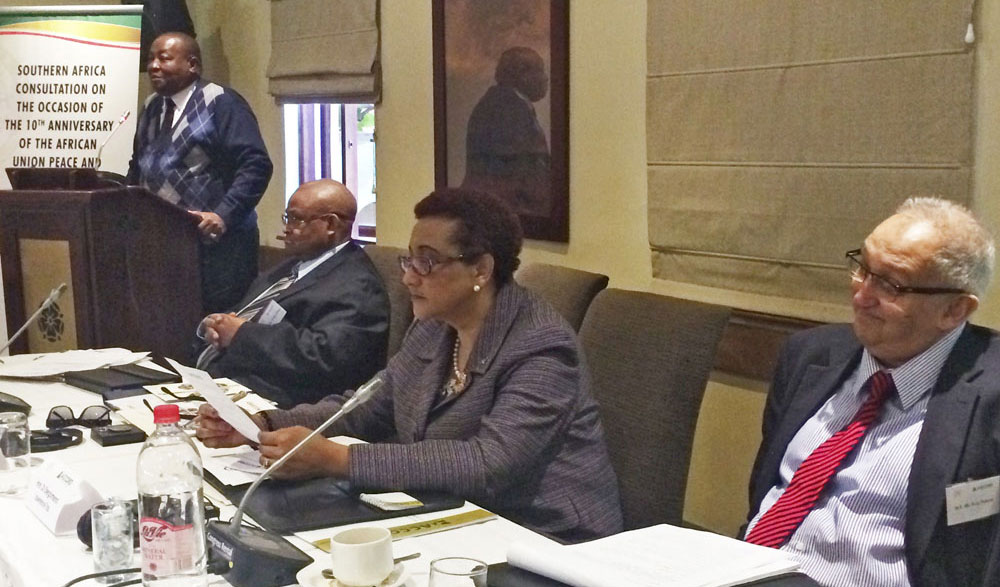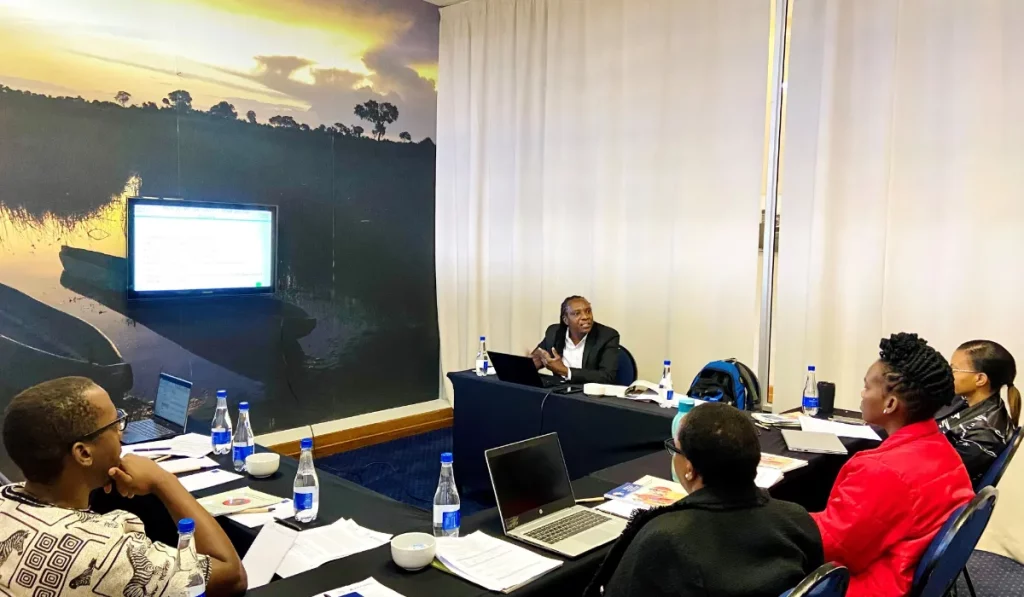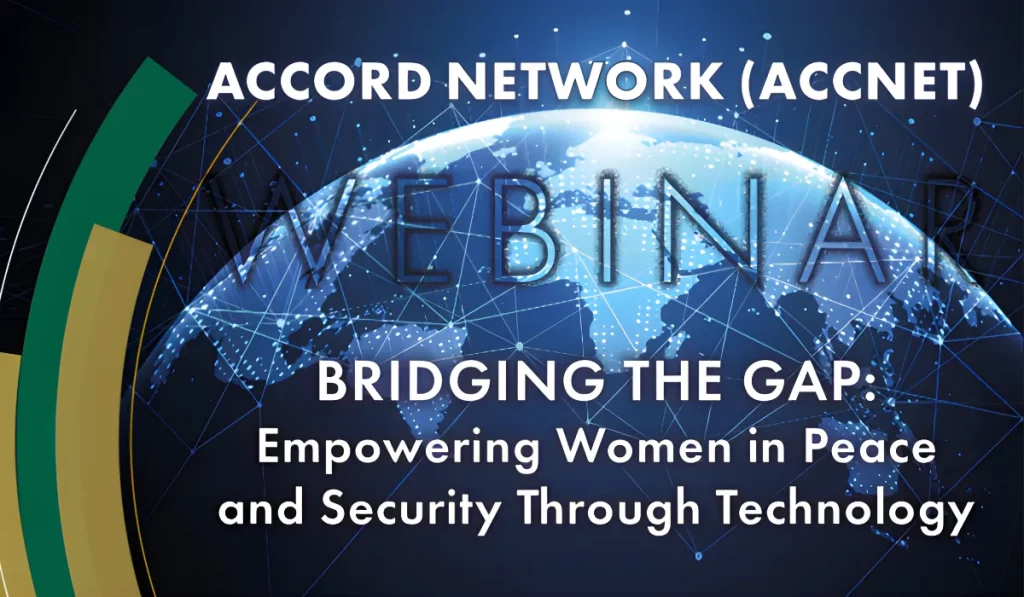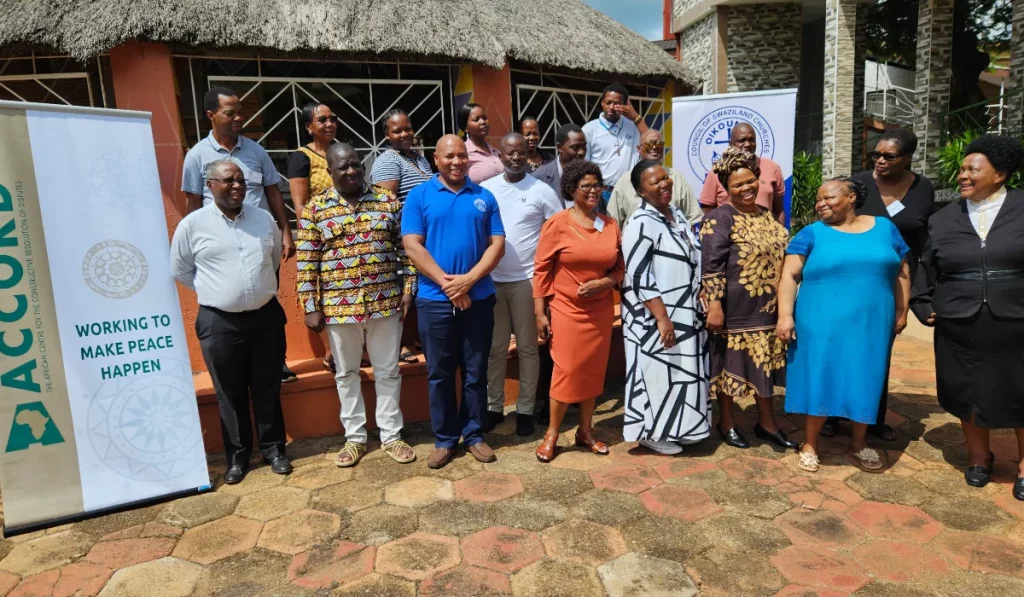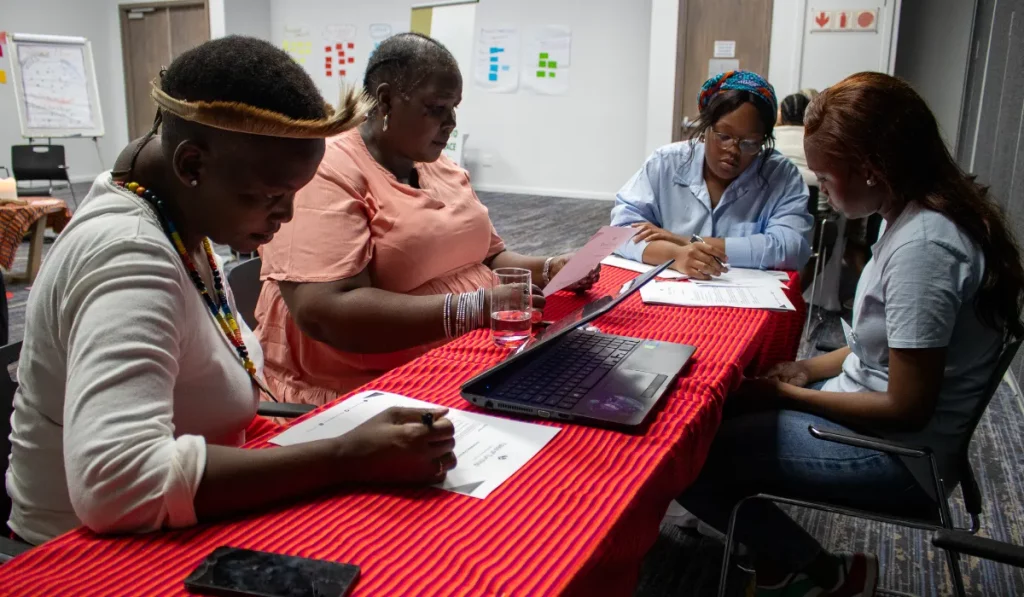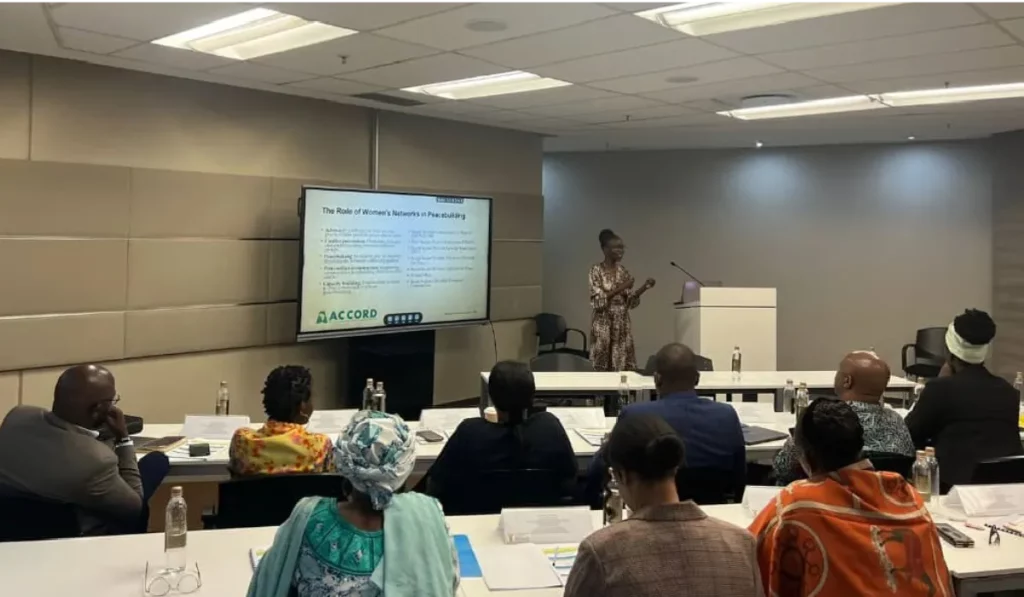Between 14 and 15 May 2014, ACCORD hosted a two-day consultative meeting in Gaborone, Botswana, bringing together Southern African non-state actors ahead of the 10th anniversary of the African Union Peace and Security Council (PSC). Titled Southern Africa Consultation on the Occasion of the 10th Anniversary of the Peace and Security Council, the meeting was attended by 36 delegates hailing from 11 out of the 15 Southern African Development Community (SADC) member states, including representatives of civil society organisations (CSOs), think tanks, academic and research institutions, the media, as well as governments and multilateral African organisations, namely SADC and the African Union (AU). Findings and recommendations stemming from this consultation will feed into a submission of ‘Perspectives of African Non-state Actors on the Work of the PSC’ to be presented to the Council on Africa Day, 25 May 2014.
The meeting formed part of a continental initiative led by ACCORD, the Institute for Security Studies (ISS), Oxfam International and the West Africa Network for Peacebuilding (WANEP). During initial consultations between the AU Commission and these CSOs held in Addis Ababa, Ethiopia, on 16 April 2014, consensus was reached on the necessity to organise regional consultations of non-state actors in order to:
- assess the PSC in its first 10 years of operation and make recommendations on what could be done better in next decade
- discuss how the relationship between the PSC and non-state actors could be enhanced to promote peace, security and stability in Africa.
Setting the scene for the Southern Africa Consultation, insights from ACCORD’s Senior Political Advisors Ambassador Welile Nhlapo and Former South African Deputy Minister of Foreign Affairs, Mr Aziz Pahad, together with a sterling keynote address by SADC Executive Secretary Dr Stergomena Lawrence Tax, were rich and informative on the trajectory the AU and the PSC have taken since its inception in 2004. Dr Tax reminded CSOs of the extensive efforts the continent had made to be where it is today. She asserted that an assessment of the PSC could not ignore “the successes of its predecessors such as the OAU Liberation Committee and the Central Organ for Conflict Prevention, Management and Resolution”.
Acknowledging that, at times, there was institutional dissonance between the Regional Economic Communities (RECs) and the PSC, the Executive Secretary noted, however, that “strides [had] been made to address the conflicts and political crisis on the continent.” She also challenged CSOs to be more visible by reminding those in the plenary that “to date, SADC-based CSOs working closely with the PSC are very few. We only see ACCORD and ISS; and seldom CCR and EISA in the case of capacity-building for election observers.”
Speaking on behalf of ACCORD, Mr Pahad recalled that the organisation agreed to host this consultative meeting as part of its long-standing commitment and contribution to peace and security across Africa, as well as extensive engagements with a host of intergovernmental organisations, particularly the AU as well as the continent’s RECs.
Ambassador Nhlapo, introspecting on the long road walked by the African Union and the PSC till date, opined that “The vision of the AU is to build an integrated and united Africa driven and managed by its own citizens and representing a dynamic force in the international arena.” This vision, he proceeded, was challenged by, among others, “the financial dependence of our efforts… with almost 90 percent of our budget reliant on donors”, which weakened the quest for ‘African Solutions to African Problems’. Nhlapo concluded by urging Southern African non-state actors to reflect on how democracy, human rights, good governance and the rule of law can be enhanced through regular elections and policies that combat crime, expose corruption and prevent conflicts.
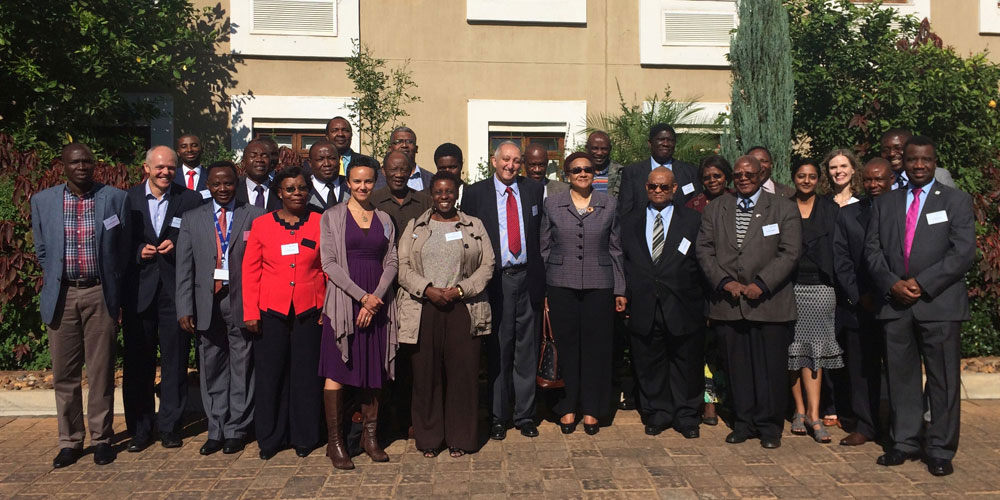
Following these opening addresses, the two-day consultation revolved around a number of thematic areas that were reflective of the peace and security challenges on the continent and within the SADC region, particularly:
Governance and elections versus the constitutionality of unconstitutional takeovers of power, troop and financial contributions to AUC peace missions: Whither SADC BRIG Complementarity and subsidiary principles: Interactions between SADC and the AUC/PSC challenges and opportunities, media reporting and perceptions on the AUC/PSC, the PSC’s adaptation to climate change and conflicts resulting from resource abundance or scarcity.
Reflections on SADC’s mediation experiences
Deliberations around these issues aimed at assessing the PSC and making poignant recommendations on how the Council could improve its operations. Overall the reflections revealed that the PSC had been plagued by complex emergencies, transnational crises and emerging security threats like poverty, high unemployment and climate change. These challenges have required well-thought-out interventions some of which, in the face of lack of proper communication of the motives driving them, have been smeared by critics including from CSOs operating on the continent, albeit sometimes based on very limited understanding of specific contexts and the workings of the Council.
Against this background, the consultation culminated in non-state actors committing to educate themselves on the work of the PSC and collaborating with the Council to promote peace, security and stability in Africa. They equally put forward recommendations with a view to strengthen their relationship with the PSC and boost the visibility of the PSC and an understanding of its operations throughout the African continent where, regrettably, too few people appreciate why the PSC prefers political settlements and dialogue over military interventions.
Following the Southern Africa Consultation, a report was generated to be tabled at a compilation workshop to present, discuss and synthesise reports from all five African regions, which is scheduled to take place in Addis Ababa on 22 and 23 May 2014. The continental report emerging from this workshop will be presented to the PSC during its open session on 25 May 2014 by Mr Vasu Gounden who will speak to the PSC on behalf of more than 50 institutions which will have been consulted continent-wide.

